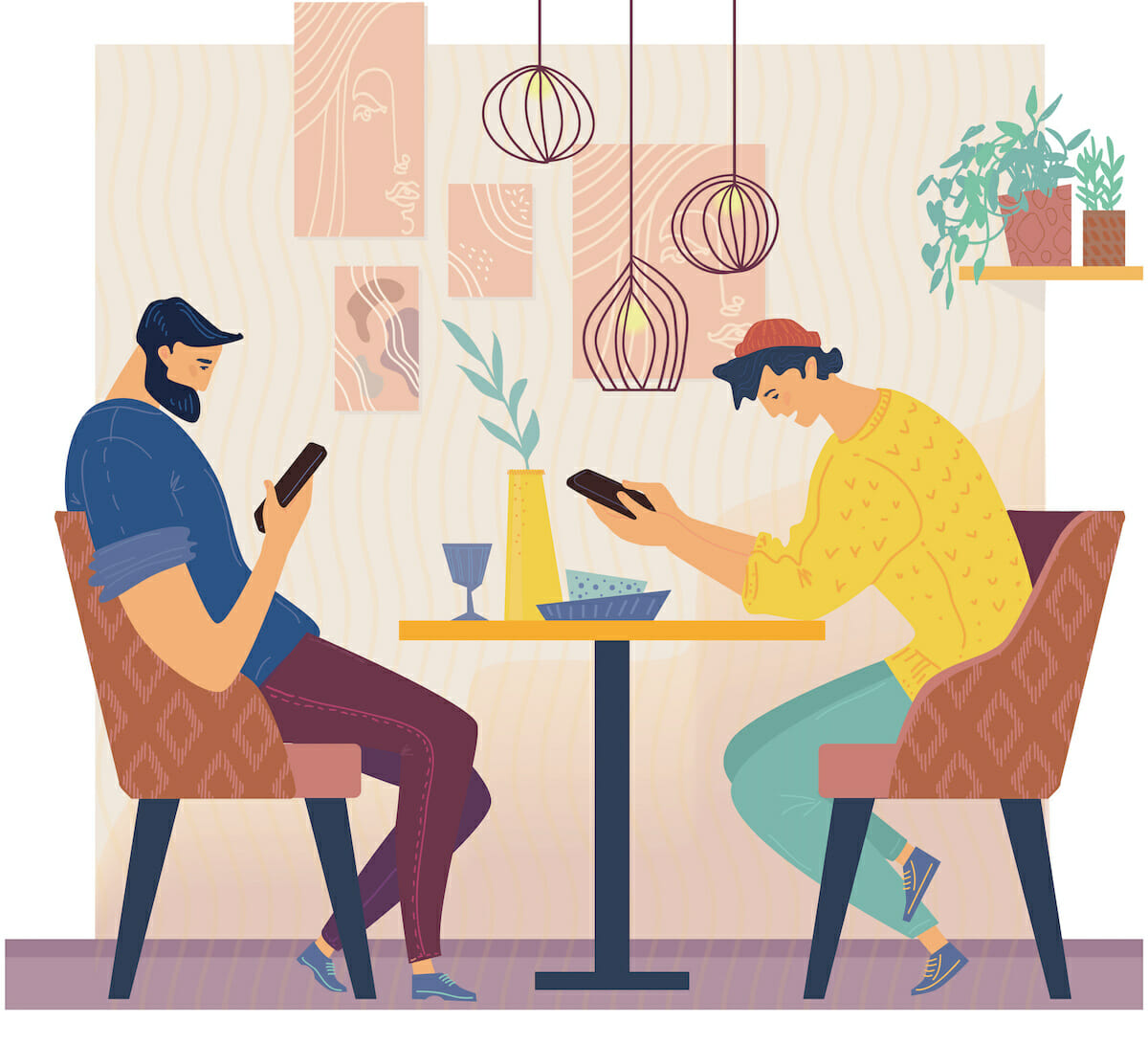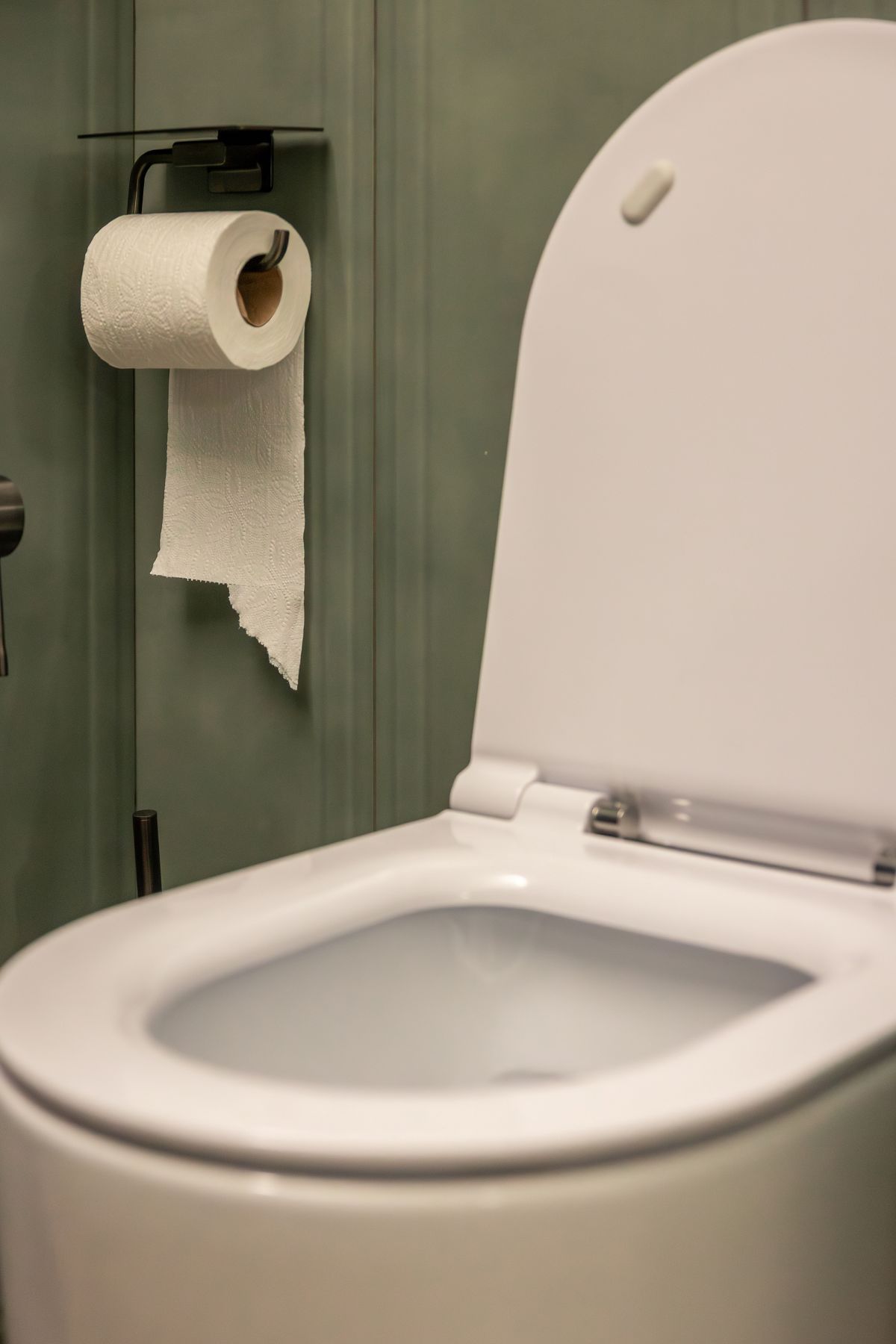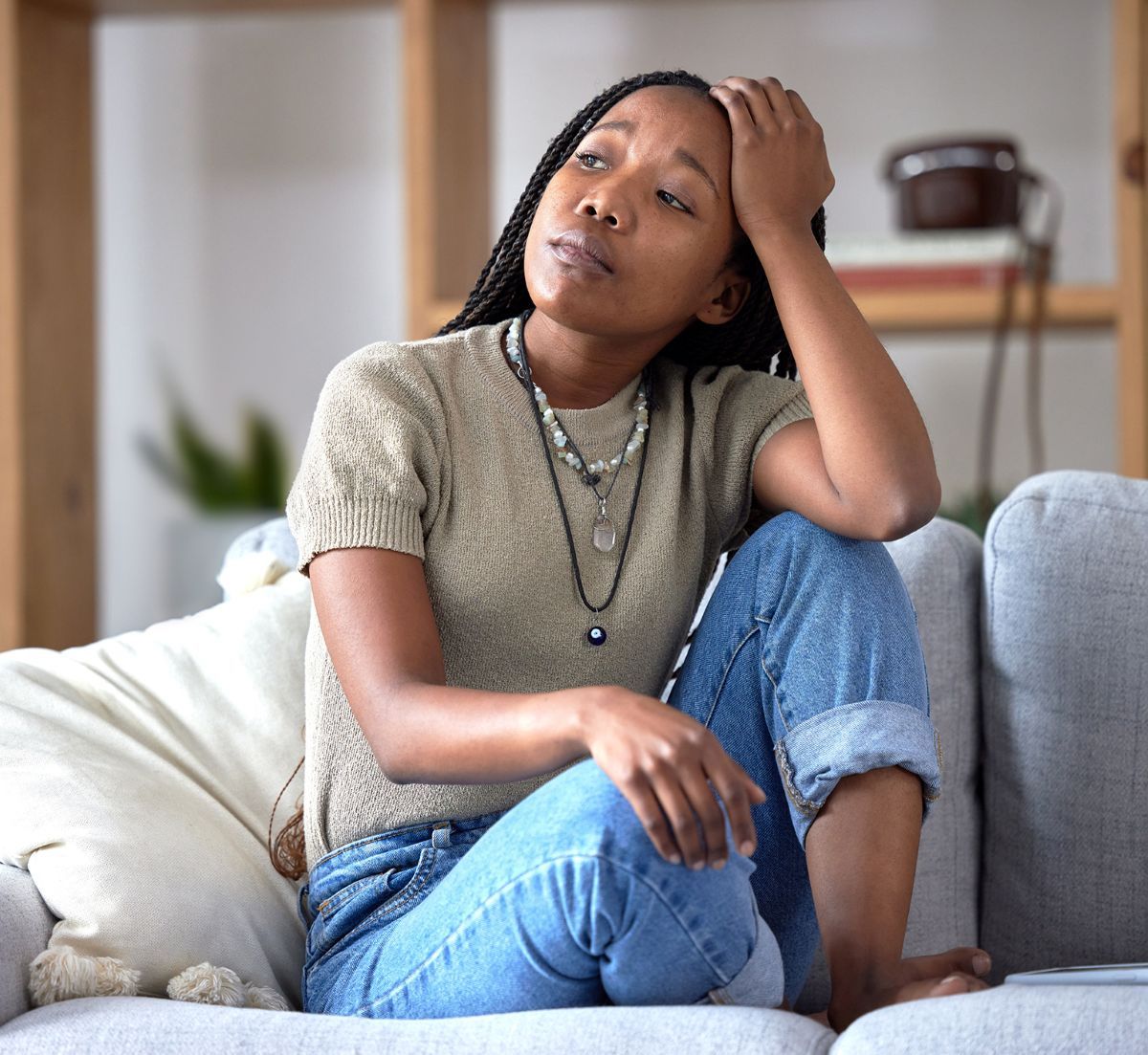Nomophobia, or “NO MObile PHone PhoBIA” is a psychological group of symptoms in which a person experiences fear or anxiety about not having mobile phone connectivity.
While some people may dislike the idea of going without their phone for prolonged periods, others experience fear or anxiety about losing connectivity from their mobile phone. This is known as nomophobia.
Nomophobia is similar to other psychological conditions related to fears of certain things. It also shares a connection with other types of anxiety disorders, such as social phobia.
The exact cause of nomophobia is not fully understood. Authors of a 2016 article noted that it developed due to the instant communication and instant gratification that smartphones provide. This can develop the addictive and compulsive behavior. Others believe that an existing anxiety disorder or phobia may lead to the development of nomophobia.
A 2019 article in the Journal of Family Medicine and Primary Care mentions that several potential psychological conditions, such as social anxiety or panic disorder, may appear in a person before the development of nomophobia.
However, researchers also noted that it is still unclear if the disorder comes from an existing anxiety disorder or from a cell phone addiction.
Other researchers have expressed similar findings. In a 2016 study, researchers proposed that nomophobia may be less of a specific phobia or anxiety and more of an addiction. They proposed changing the name and making a classification called “smartphone addiction disorder.”
Currently, the Diagnostic and Statistical Manual of Mental Disorders, 5th edition does not recognize nomophobia as an actual disorder. However, researchers have argued for its inclusion for several years.
Symptoms of nomophobia are similar to other phobias and anxiety disorders. They can include:
anxiety
changes in breathing
trembling
sweating
agitation
disorientation
tachycardia, which is a fast heartbeat that can be irregular or regular
Treatments
Since nomophobia is not an officially recognized disorder and is relatively new, no treatments currently exist. Instead, a doctor or psychologist will likely recommend treatment options similar to treating other phobias.
A standard treatment approach for phobias includes a variety of potential behavioral therapies. These therapies help to address the underlying fears and beliefs surrounding the phobia.
In the case of nomophobia, the therapies could help address a person’s fear of losing their phone, not being connected, and the implications of not having access to their phone.
Cognitive behavioral therapy: In this therapy, a person confronts the underlying thoughts that contribute to the phobia.
Desensitization, or exposure therapy: This approach involves gradually exposing a person to the thing they fear. In nomophobia, a doctor may expose a person to a lack of access to their phone.
Hypnotherapy: Hypnotherapy involves a therapist guiding a person through imagery to help them develop self-soothing techniques when confronted with not having access to a phone.
Support groups
A person may be able to find a support group in person, or online that helps to address the fear and anxiety associated with not having access to a phone.
Medications
A healthcare professional may prescribe medications such as clonazepam and tranylcypromine to help treat the symptoms of nomophobia, such as anxiety.
Self-care and practice
A person can practice self-care strategies on their own. They can take the steps to manage their phobia. A person may also benefit from learning relaxation techniques. This therapy involves a combination of breathing techniques, exercises, and meditation techniques to help a person cope with not having a phone or other phobias.
Summary
Nomophobia refers to a group of symptoms in which a person experiences fear or anxiety regarding the loss of their smartphone or connectivity.
It is not officially recognized, but more researchers are petitioning for its inclusion as a type of psychological disorder.
Treatments are currently nonstandard and involve the use of medications, behavioral therapies, support groups, and self-care.
Source: https://www. medicalnewstoday.com/articles/ nomophobia?
Exclusive content from CARE magazine










